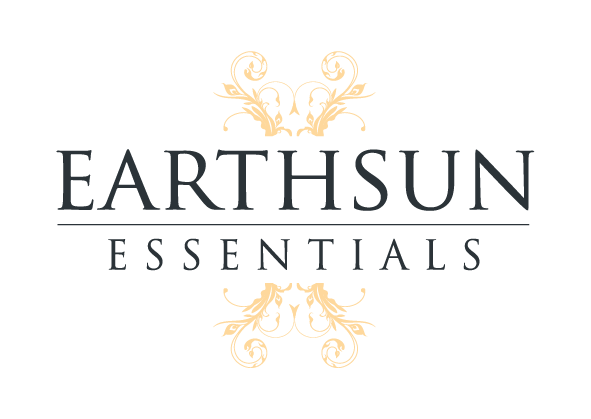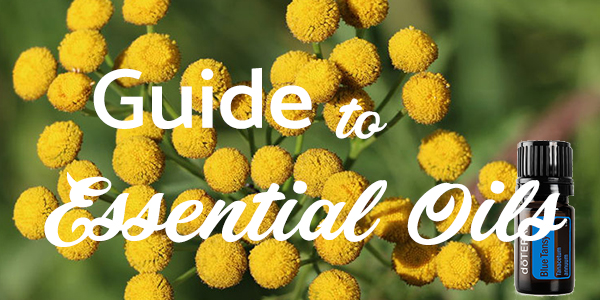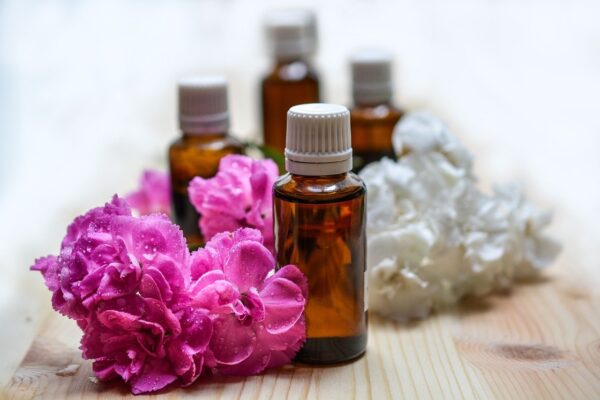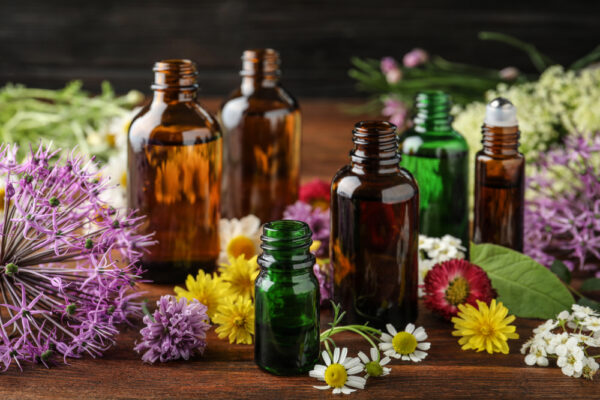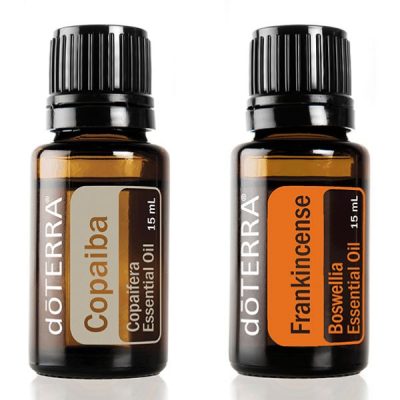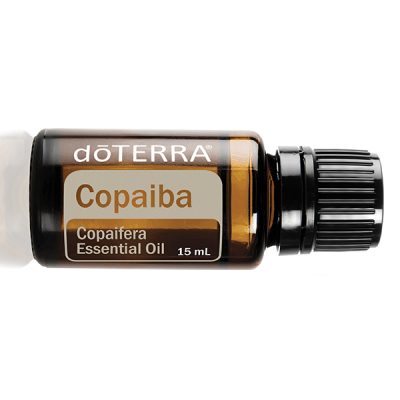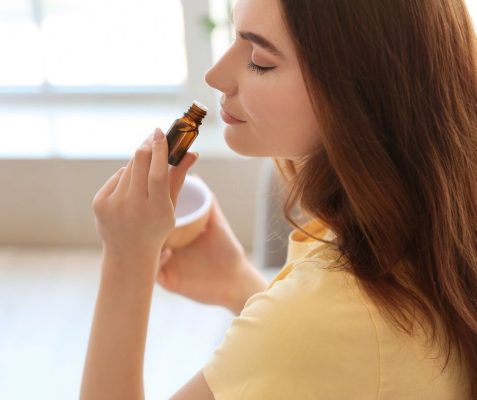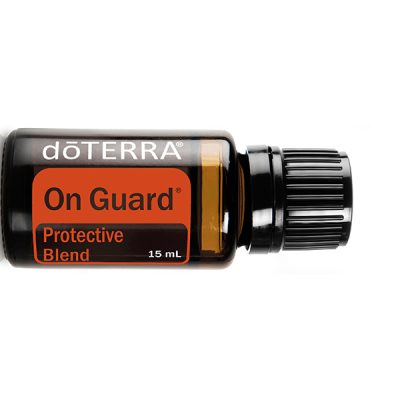Guide to Oils
A Basic Guide to Essential Oils
Essential oils are an essential part of aromatherapy and other alternative medicines. They can also be used around your home to add freshness and purify the air.
However, many people may feel hesitant about essential oils as they don’t fully understand these substances. They consider essential oils to be mere beauty products used for aromatherapy purposes. But in reality, they are more than that.
So, we’ve compiled a basic guide to essential oils that we believe will be informative for all.
The Essential Oil Basics
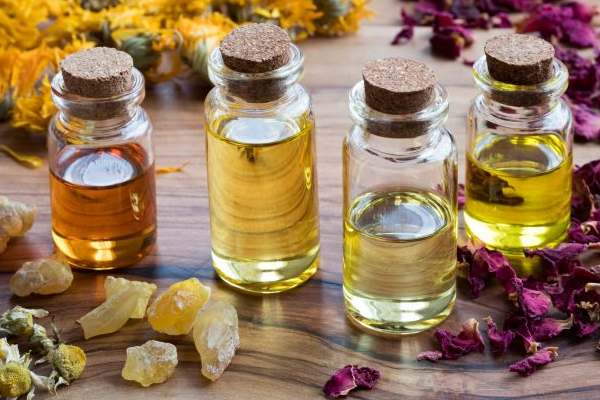
Pure essential oils are derived from plants’ flowers, leaves, roots, seeds, bark, or stems. They are highly potent and concentrated chemical compounds that provide many benefits. Each plant has unique compounds that give essential oils their characteristic aroma.
Essential oils have been used for thousands of years worldwide, including Australia, for aromatherapy, beauty treatments, health care, and personal care. They can also effectively be used for a variety of everyday uses, such as cleaning, boosting mental and emotional health, or promoting better sleep.
How is the Oil Extracted?
There are two common methods of extracting essential oils from plants; cold pressing or steam distillation. The parts of the plants are either steamed or pressed to capture the fragrance compounds. It can take several pounds of plant material to create just one bottle of essential oil.
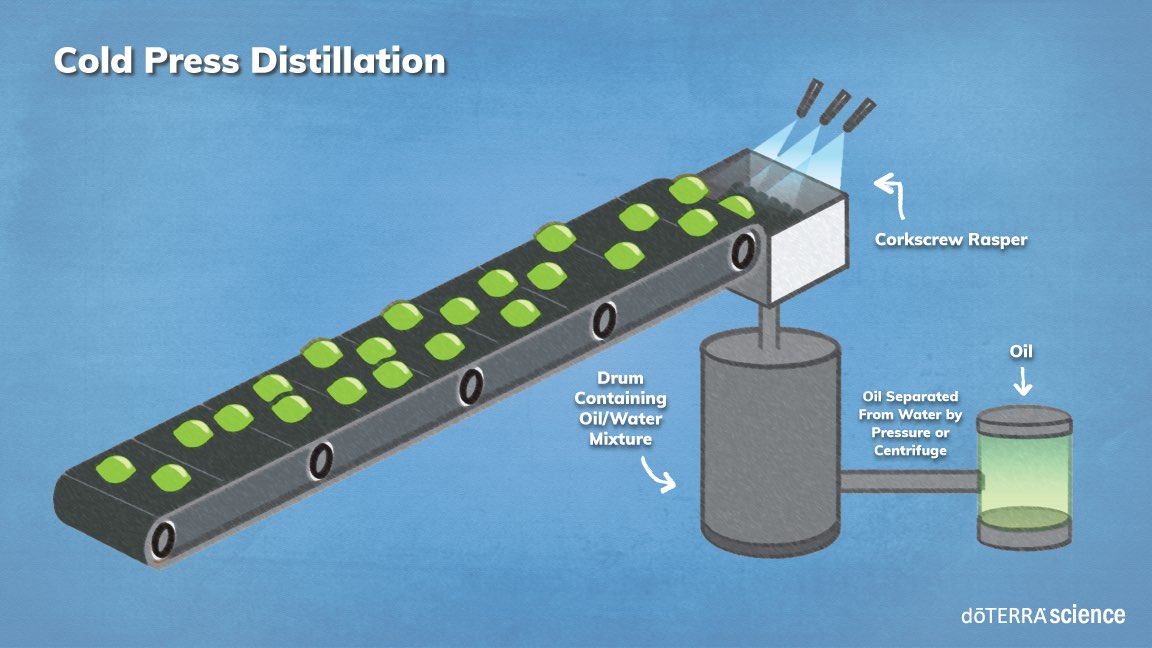

How Essential Oils Work
Essential oils can be inhaled or applied topically. When applied to the skin, plant chemicals are absorbed. However, most pure essential oils must be diluted with a carrier oil, such as Fractionated Coconut Oil, to avoid skin sensitivity.
Inhaling essential oils can stimulate parts of the brain that control behaviours, emotions, and long-term memory.
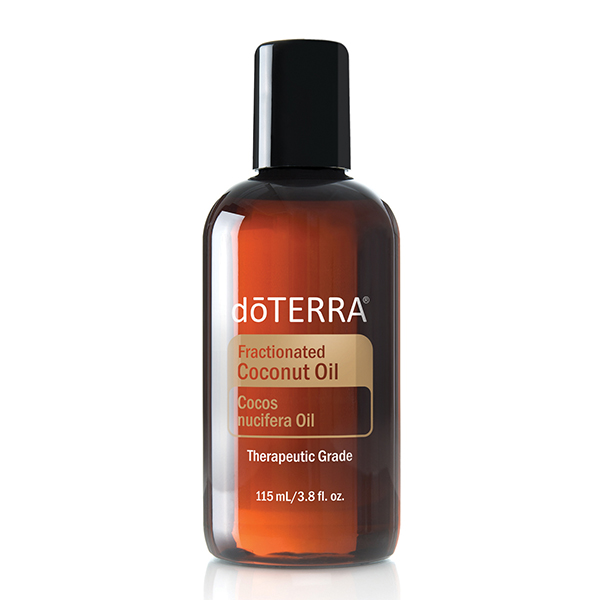
The Potential Health Benefits
here are over 90 common essential oils that offer a range of potential health benefits. These include:
Alleviating Stress and Anxiety

Studies have shown that essential oils such as Lavender effectively alleviate stress and anxiety, promoting restful sleep. For the best results, add a few drops of lavender essential oil to a diffuser, put oil in your bath, or massage it into the skin.
Relieve Headaches
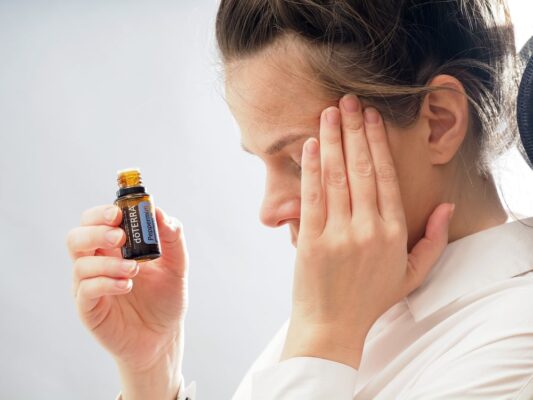
Dabbing a little essential oil on the temples and forehead can reduce the pain of headaches or migraines. Peppermint and chamomile essential oils have been used as a traditional remedy. Lemongrass obtained from Australia is also considered effective for relieving headaches.
Addressing Sleep Issues

Lavender essential oil has been shown to improve sleep quality and can positively affect sleep habits. This is one of the reasons why lavender essential oils are used in family bedrooms.
Reducing Inflammation
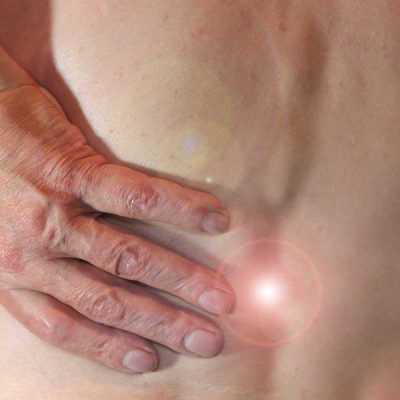
Research suggests that a range of essential oils can help fight inflammation. For example, Oregano, Rosemary, and Thyme oils can help reduce inflammation.
Certain essential oil blends are also used to reduce and treat inflammation.
Aiding Recovery
A range of essential oils can also aid recovery. Many oils naturally have antibiotic or antimicrobial properties, but others can relieve the pain of tired muscles after a long day or strenuous workout.
Possible Side Effects
Plants contain bioactive compounds that are generally safe, but there is still the possibility of side effects or reactions from using a range of essential oils. This can include rashes, headaches, or other reactions.
The most common side effect is a skin rash where the oil has had contact. However, you can often alleviate this potential problem by diluting the oil with a carrier oil.
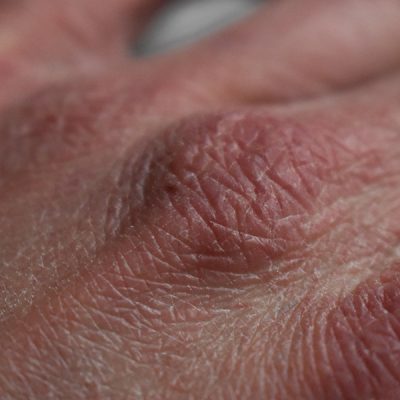
How to Choose Essential Oils?
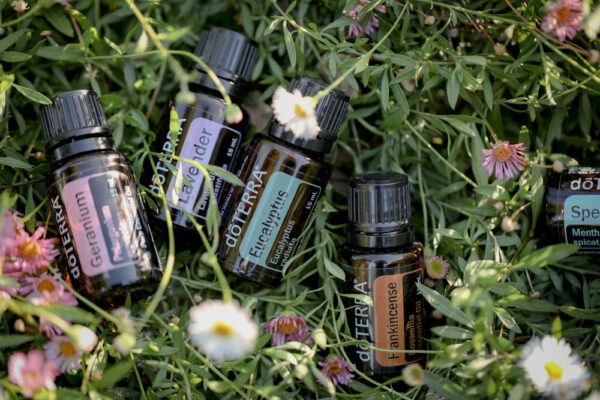
Unfortunately, not all essential oils on the market are of the highest quality. Many companies make outlandish claims about their products, but they are cheap derivatives that offer little to no benefits. So, you must choose a good-quality essential oil for maximum efficacy.
Look for an oil that only contains plant compounds and no synthetic oils or additives. Pure oils typically list the plant’s botanical name. Good-quality essential oils have been changed the least during the extraction process. Mechanical cold pressing or steam distillation offers a chemical-free essential oil with no additives.
Conclusion
Essential oils offer a range of benefits. From health to beauty to home cleaning, you can use these oils from Australia for a variety of purposes.
However, you should be extra careful while selecting essential oils. You should always look for a brand with a solid reputation for high-quality products to get the best out of what you purchase. .
